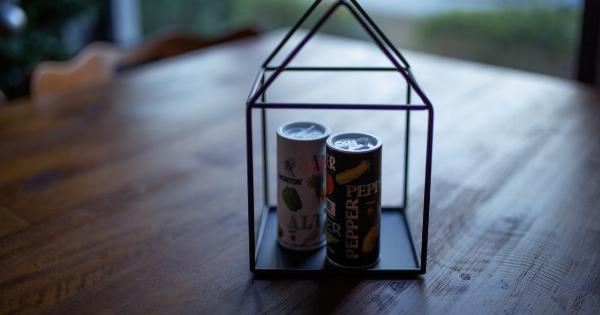Many women wonder whether it is safe to consume caffeine during pregnancy. For many people, caffeine is an essential part of their daily routine, but for pregnant women, this can be a considerable concern.
There is a lot of conflicting information out there; some suggest that consuming caffeine during pregnancy can cause harm to the fetus, while others say there is no harm in moderate consumption. In this article, we will explore the safe levels of caffeine consumption during pregnancy.
What is Caffeine?
Caffeine is a naturally occurring substance found in various plants, such as coffee beans, tea leaves, and cocoa beans.
It is a stimulant that helps to keep us alert and awake, and it is also used to treat various medical conditions such as asthma and headaches. Caffeine is often consumed in various forms, including coffee, tea, energy drinks, and chocolate.
How Does Caffeine Affect Pregnancy?
Studies have shown that high levels of caffeine consumption during pregnancy can increase the risk of miscarriage, premature birth, low birth weight, and behavioral problems later in life.
However, the evidence is not straightforward, and some studies have found no association between caffeine intake and adverse outcomes.
What are the Safe Levels of Caffeine during Pregnancy?
The American Pregnancy Association suggests that pregnant women should limit their caffeine intake to no more than 200 milligrams per day. This is equivalent to approximately one 12-ounce cup of coffee or two cups of tea.
However, it is essential to remember that caffeine is not just found in coffee and tea, but also in other foods and drinks.
How Much Caffeine is in Common Foods and Drinks?
The following table shows the approximate amount of caffeine found in common foods and drinks:.
| Food/Drink | Caffeine Content (mg) |
|---|---|
| 8 oz. of coffee (brewed) | 95-165mg |
| 8 oz. of espresso | 47-65mg |
| 8 oz. of black tea | 47mg |
| 8 oz. of green tea | 30mg |
| 12 oz. of soda | 23-35mg |
| 1 oz. of dark chocolate | 12mg |
How to Reduce Caffeine Intake During Pregnancy
If you are a coffee or tea lover, reducing your caffeine intake can be challenging. Here are some tips to help you reduce your caffeine intake during pregnancy:.
- Switch from coffee to decaf coffee or herbal tea
- Limit your intake of soda, energy drinks, and chocolate
- Read food labels carefully to check for caffeine content
- Try a caffeine-free alternative such as water or fruit juice
- Avoid caffeine before bedtime
Conclusion
In conclusion, consuming caffeine during pregnancy should be limited to no more than 200 milligrams per day. However, it is essential to keep in mind that caffeine is not just found in coffee and tea but also in various foods and drinks.
If you are struggling to reduce your caffeine consumption during pregnancy, talk to your doctor, and they can provide you with further advice.



























